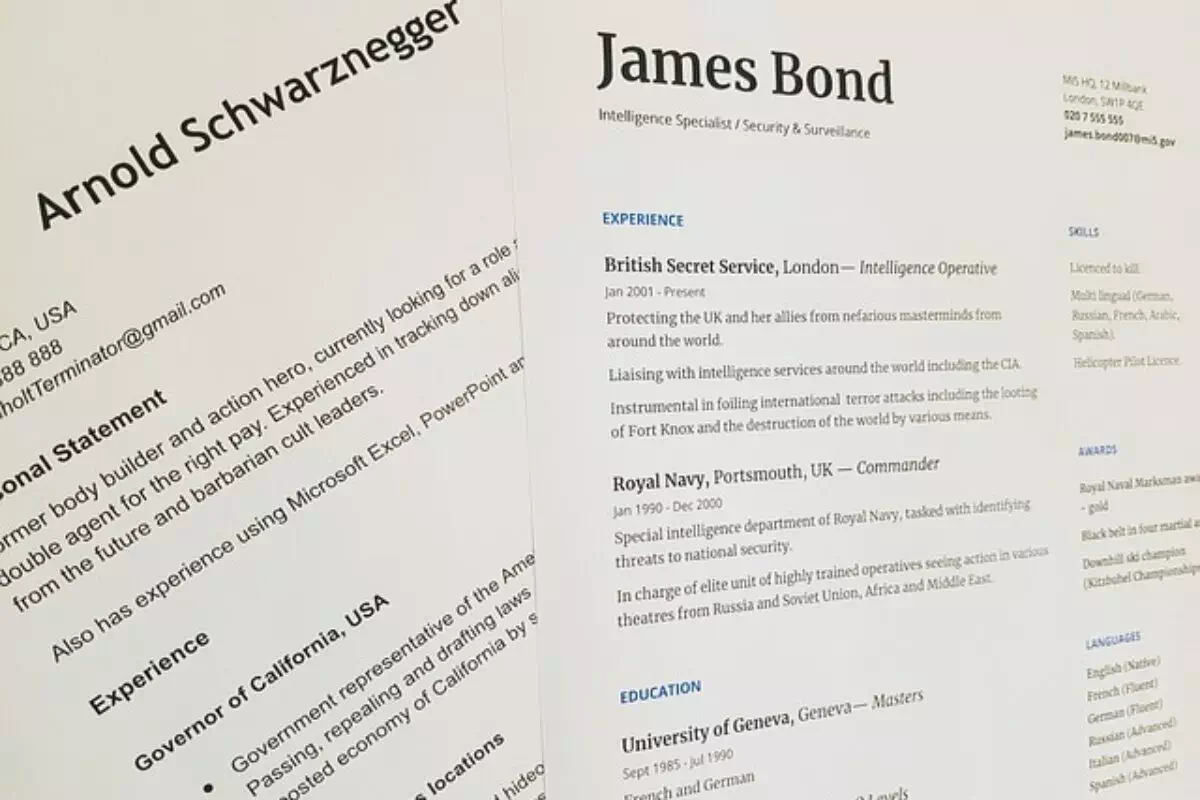

Any potential employee looking to expand their horizons in any profession or field needs to apply and put their best foot forward when submitting a resume.
Hiring professionals will advise, a resume the first step to opening a new door or opportunity. A resume is inevitably one’s golden ticket to a world of possibilities, and it is important to be able to craft one that is compelling, effective, and comprehensive. There are various conventions, styles, and standards in resume writing, but more often than not there are several non-negotiables that must be included in your resume.
Profile Summary
Education, Training and Professional DevelopmentTickets and Certifications
Technical and Unique Skills (Core competencies)
Work History
Professional Memberships
Achievements and Awards
References
Up to date Contact Information
The above information is relevant to one’s skills and competencies in response to the requirements of a job listing or notice. It is important to include this information as it offers a glimpse into your professional history, capabilities, and capacity to utilise these skills and competencies in your prospective job. Including these in your keyword-rich, ATS-optimised resume will absolutely boost your chances at being shortlisted for the role. ATS applications and tools scan through hundreds of resumes to isolate and select those which have more keyword richness and density. Overall the more information you include, the better your chances, which will then boost your ATS score.
More and more companies value seeing other relevant information as this will give more context or frame of reference for the applicant. Additional requisite information may include publications, conferences and seminars attended, software programmes used, and proficiency in languages other than English. It is recommended to include hobbies, interests, and other activities outside of the professional area. An increasing number of employers also value contributions not just in the workplace, but in communities, so including your volunteer and community work, charitable contributions, and other similar details is always important.
On the other hand, there is some information which must be excluded from resumes. Information which may prejudice you from securing the position include nationality, race, religion, marital status, political preferences, number of children, and so on. Australian companies must strictly abide by federal and state practices in equality, fairness and non-discrimination, also know as National Employment Standards.
As a rule of thumb in line with professional resume writing best practices, we must also take into consideration the following;
Seek the advice of experienced professionals when crafting your application documents.
Contact us to know more about our services. Let us help you stand out and achieve the best version of yourself through compelling and impactful documents.
Canberra Resume Professionals Suite 304 2 Endeavour House Captain Cook Crescent Manuka ACT 2603
Call us: 1300 174 435
Email us: [email protected]